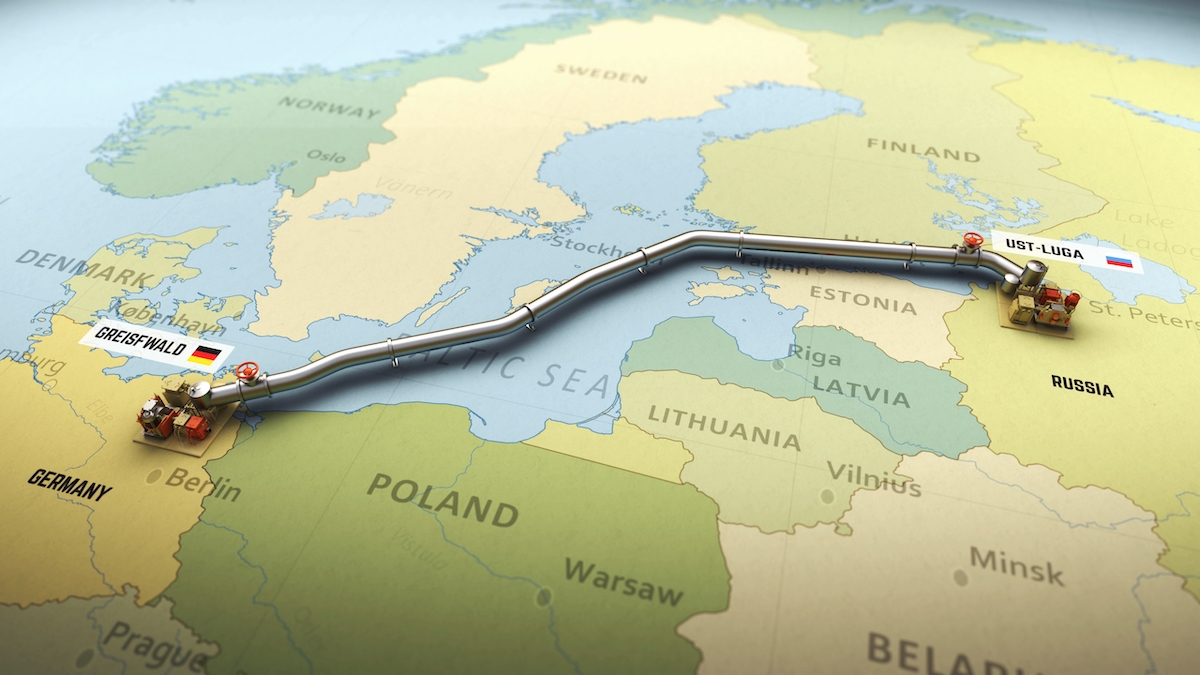Russia has requested a special session of the UN Security Council on the attack on the Nord Stream pipelines for next Wednesday.
The request is prompted by recent research by U.S. journalist Seymour Hersh, who attributes the act to the United States with support from Norway and specifically dates the planting of the bombs to a phase of the June 2022 “Baltops” naval maneuver, which tested new methods of warfare with naval mines.
Foreign Minister Sergei Lavrov also announced that Moscow would call for an international investigation into the attack at the Security Council meeting.

Commenting on statements by Stéphane Dujarric, spokesman for UN Secretary-General António Guterres, that the UN has no competence to do so, Lavrov said Guterres personally launched UN investigations into warfare in the northern Syrian province of Idlib in the summer of 2019, for example.
In October, China had already called for an independent investigation into the Nord Stream attack.
Meanwhile, NATO on Wednesday officially announced the creation of a “Critical Undersea Infrastructure Coordination Cell.”
The cell is intended to improve the protection of undersea cables and pipelines in particular. It stemmed from a Norwegian-German initiative last fall.
Norway, in particular, is concerned about its numerous pipelines under the ocean surface and wants stronger measures to protect them.
The NATO cell first identifies weak points in the underwater infrastructure and then works out ways to monitor them better; manufacturers are to be involved in the process.
In addition to regular patrols by naval vessels and reconnaissance aircraft, underwater drones are also under discussion.
The head of the coordination cell will be Hans-Werner Wiermann, a former three-star general in the Bundeswehr.
He had only retired in August – after a three-year term as head of the international military staff at NATO headquarters in Brussels.

